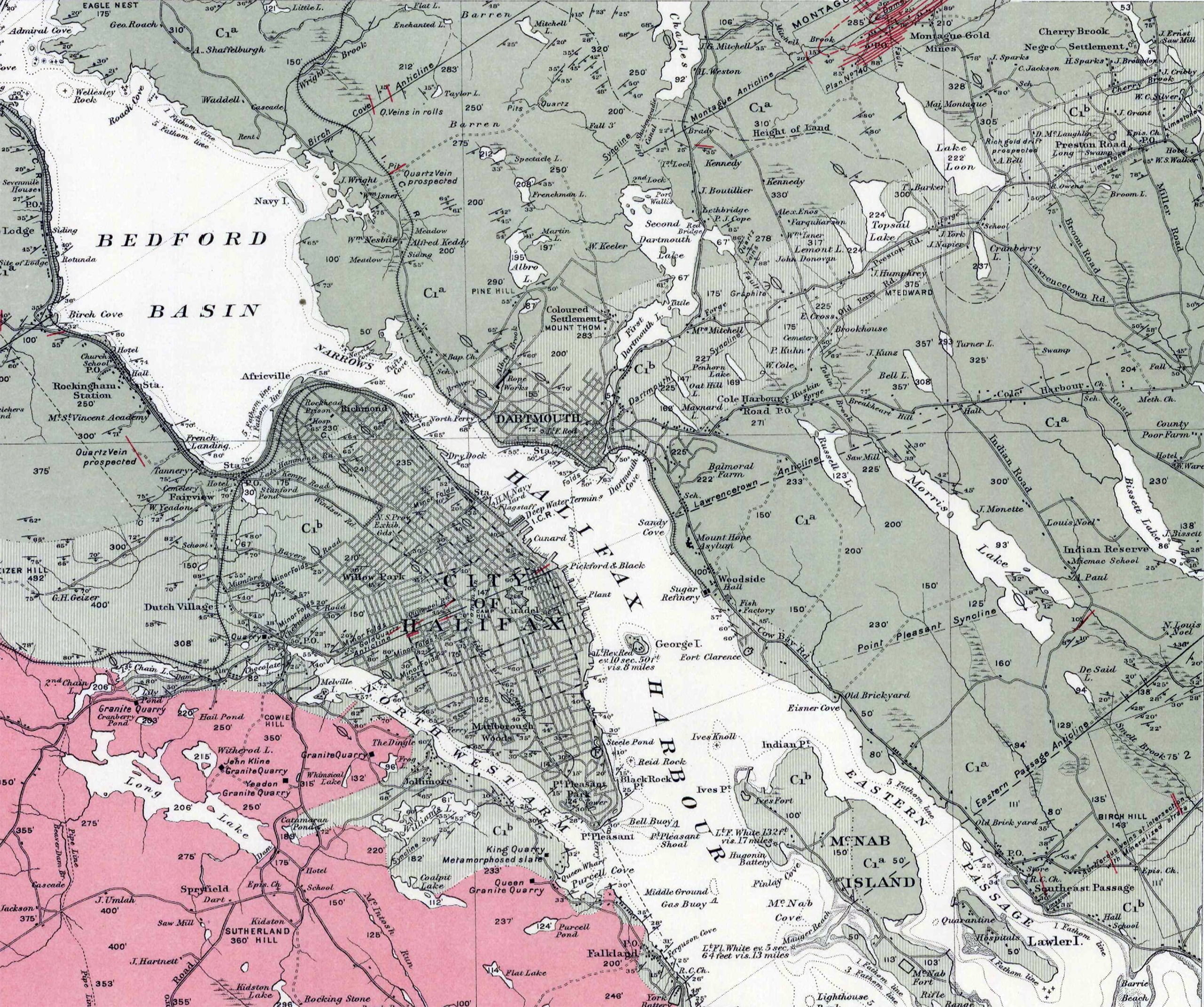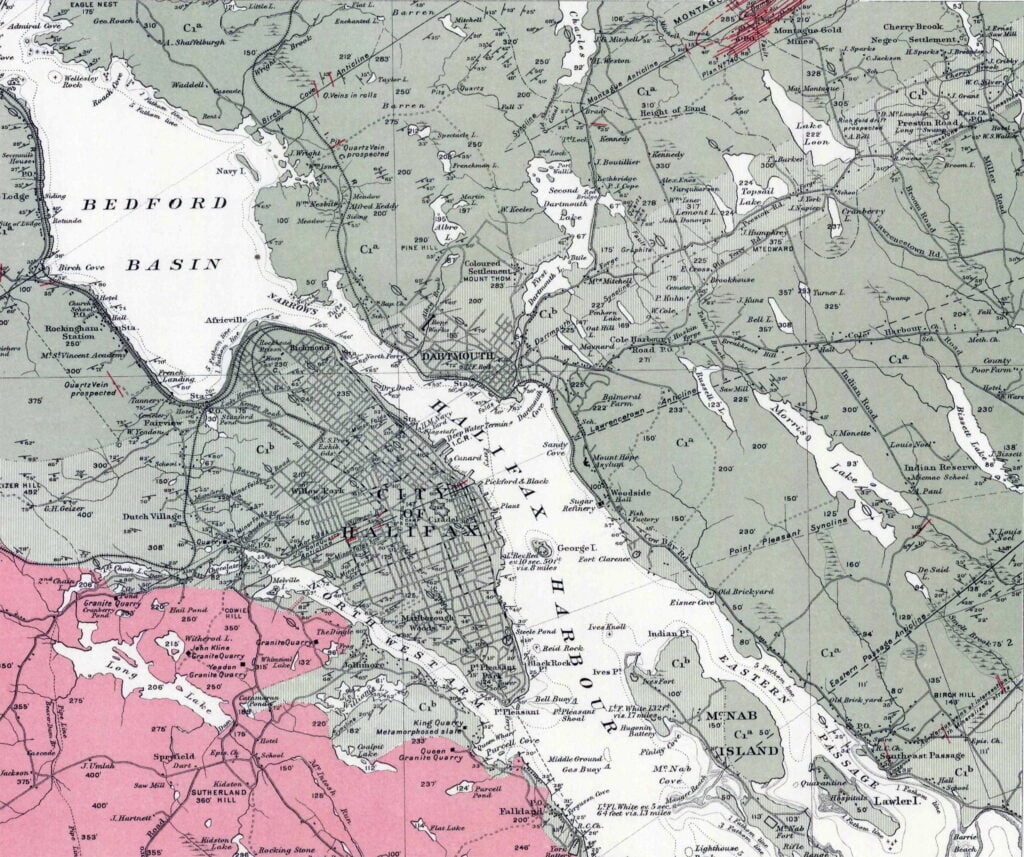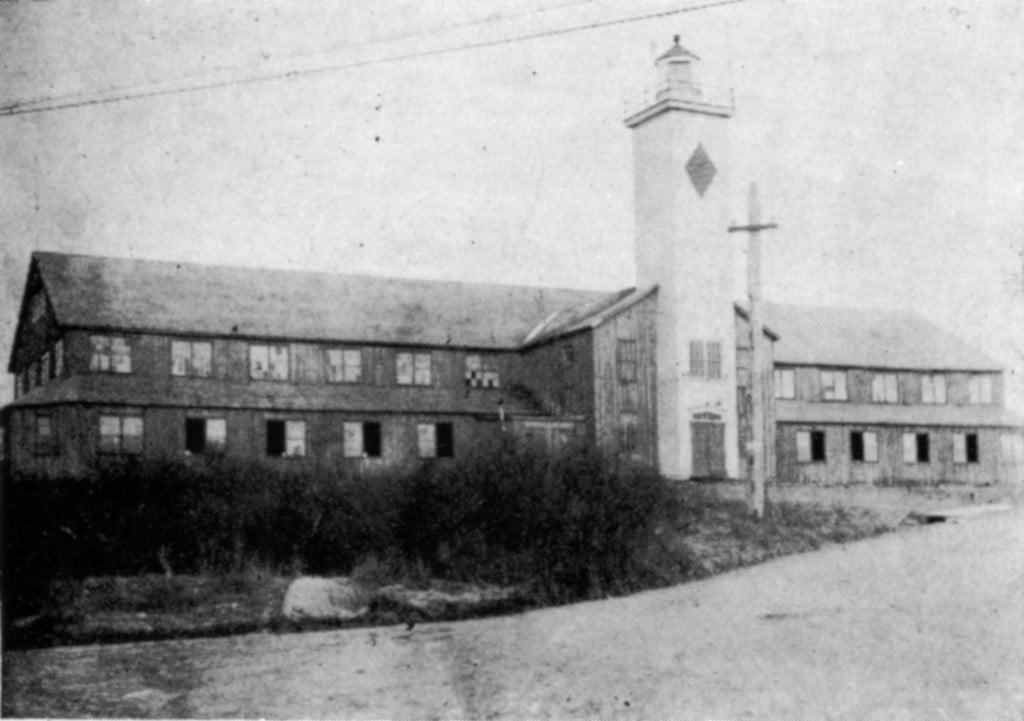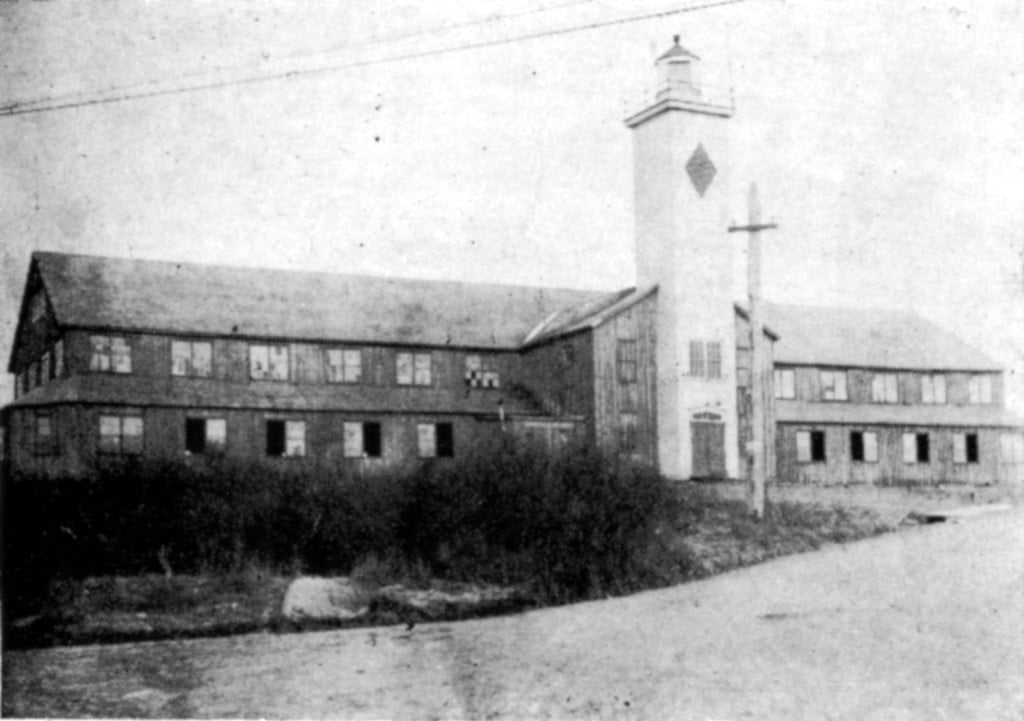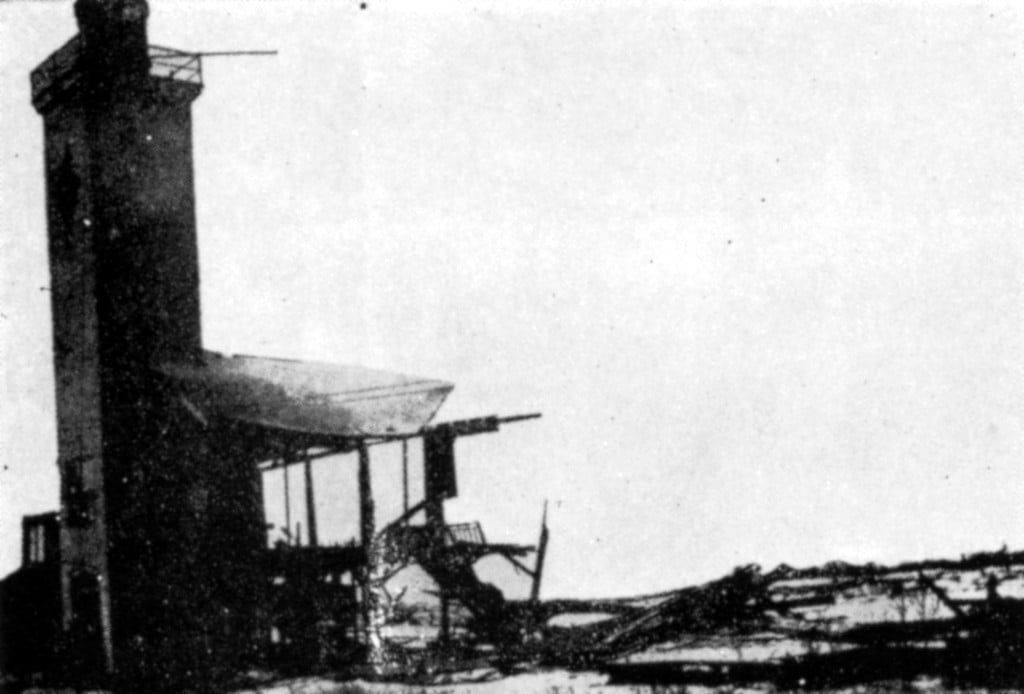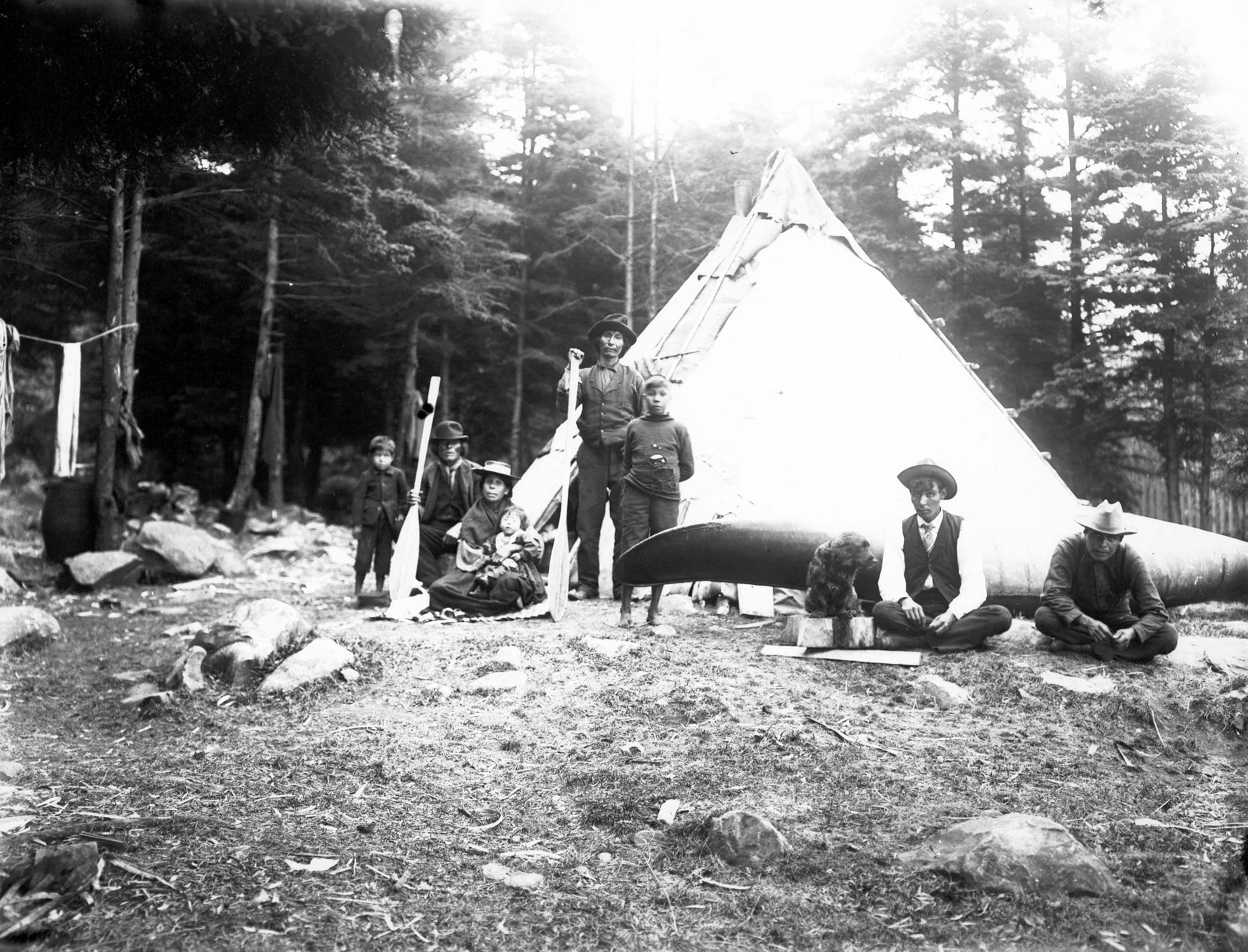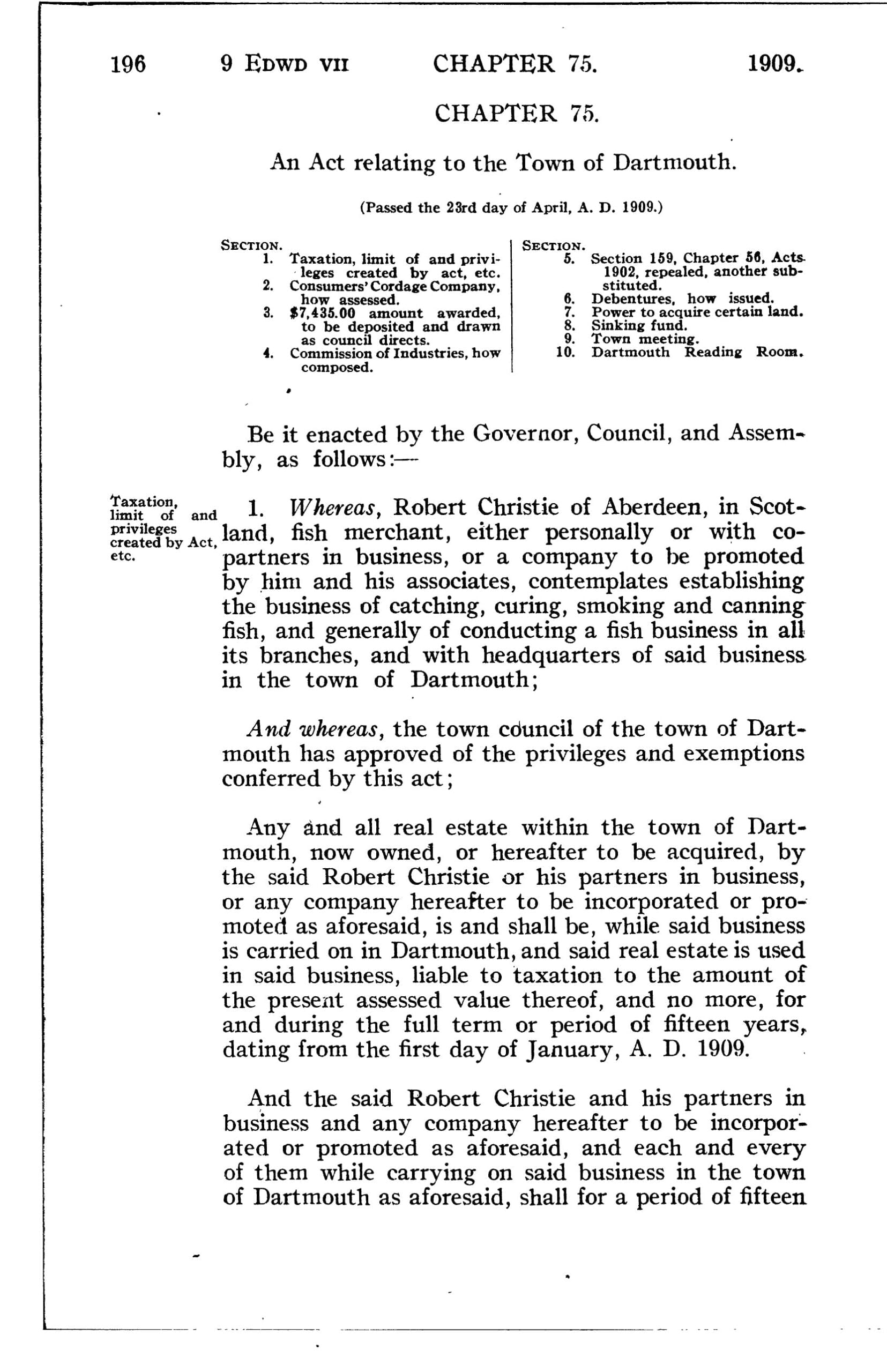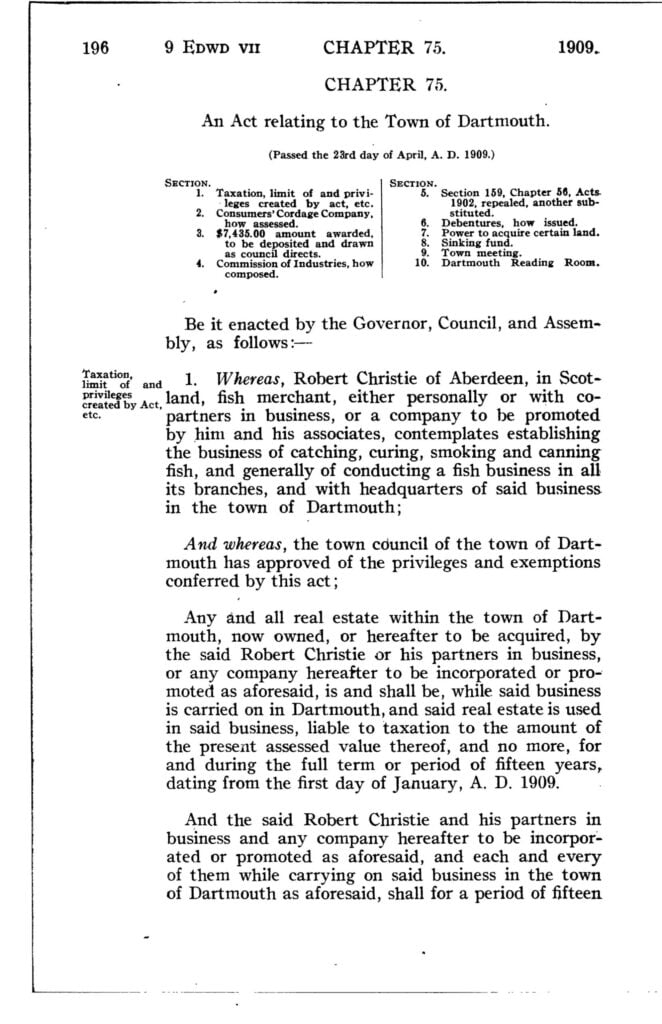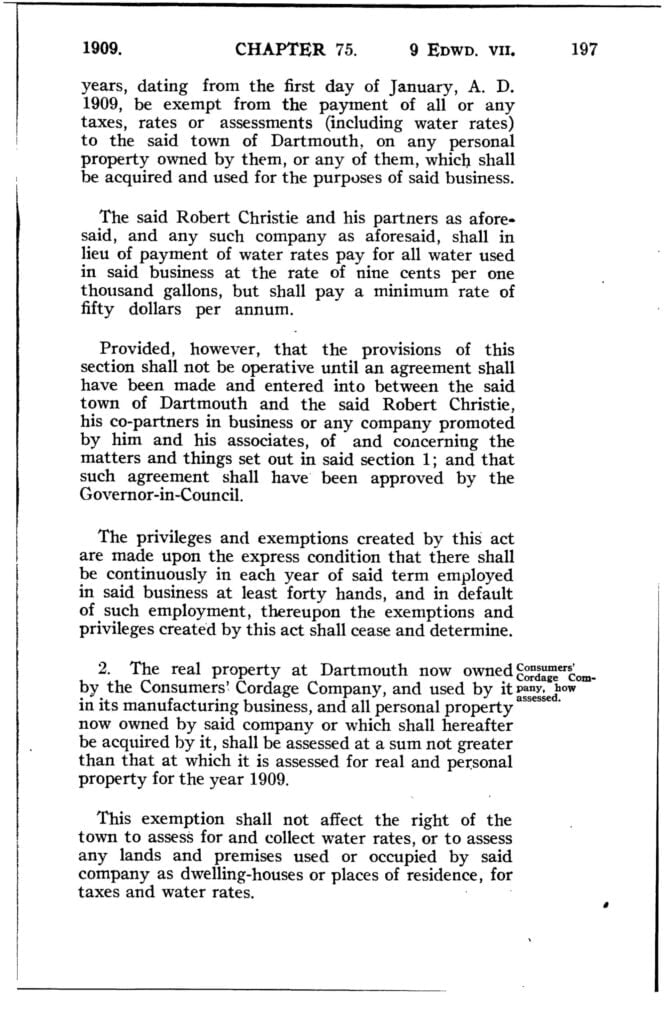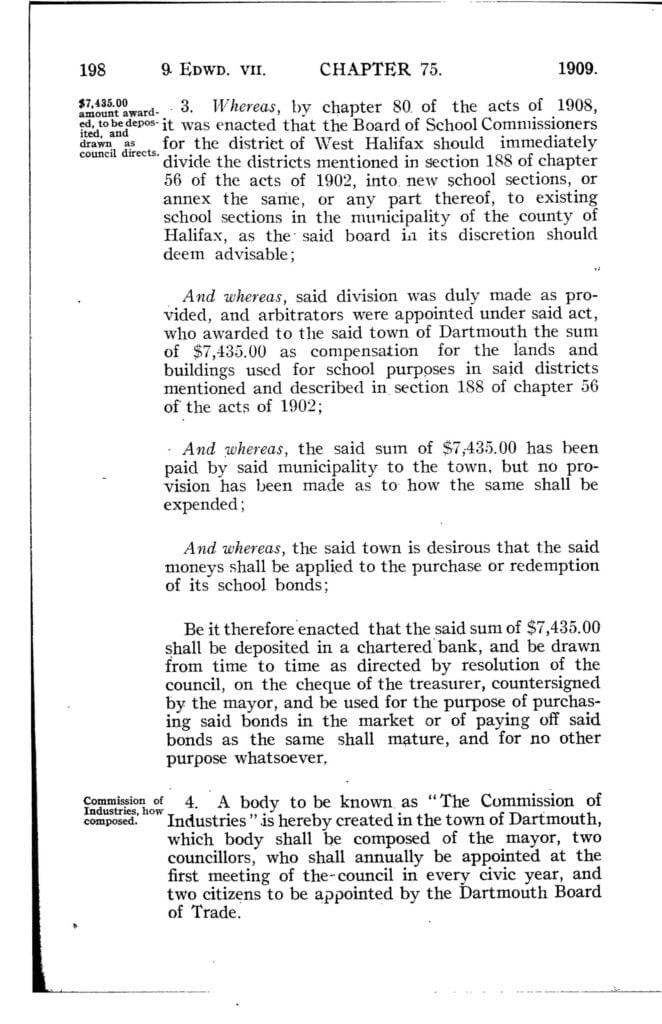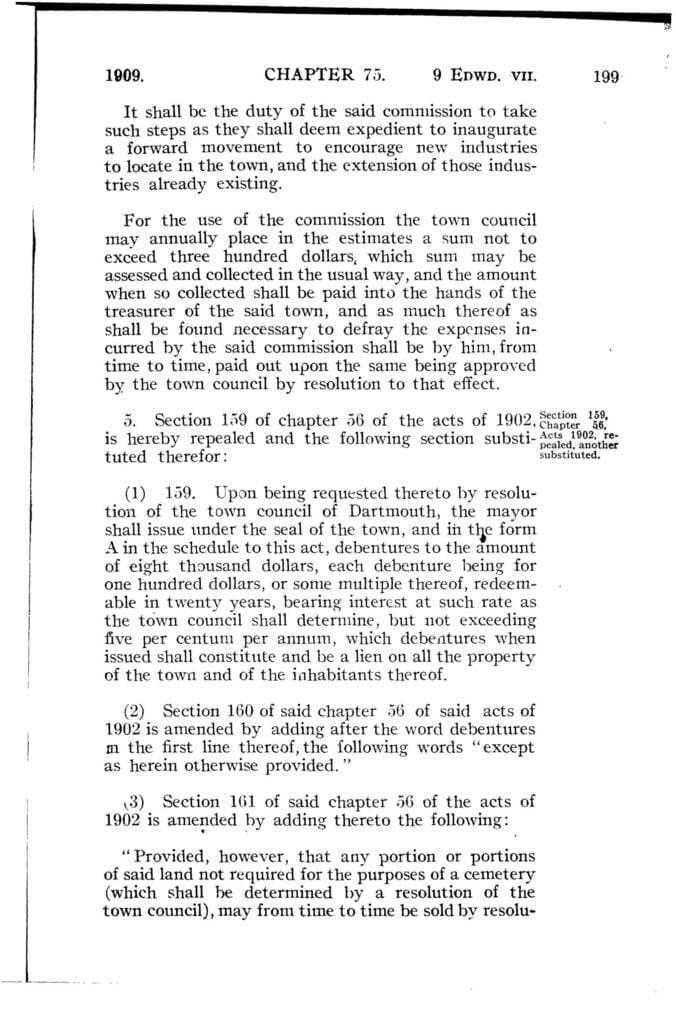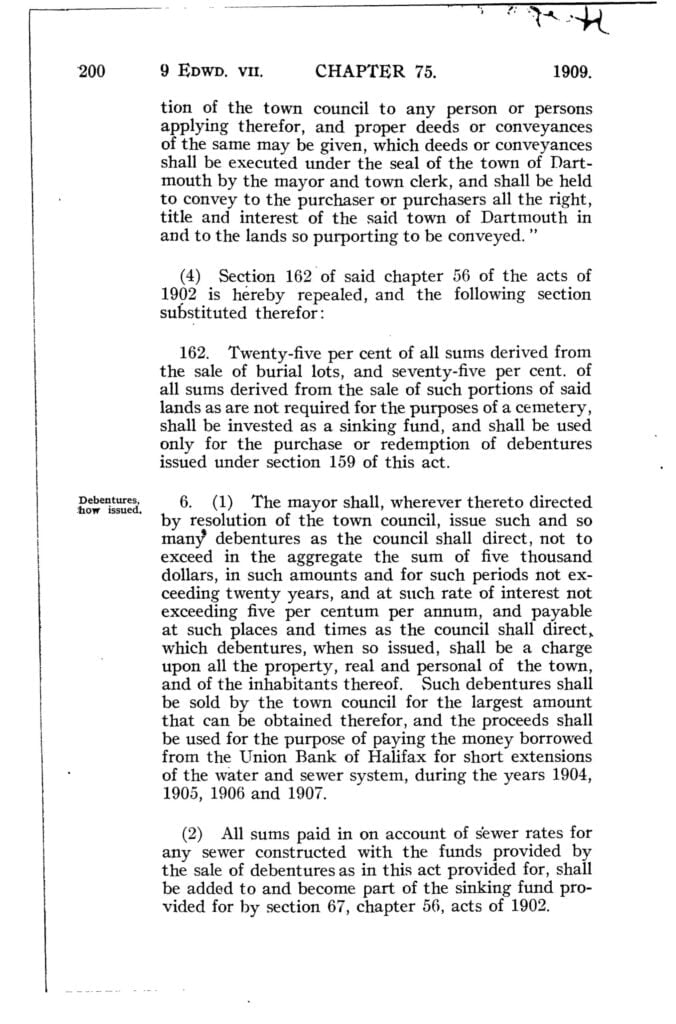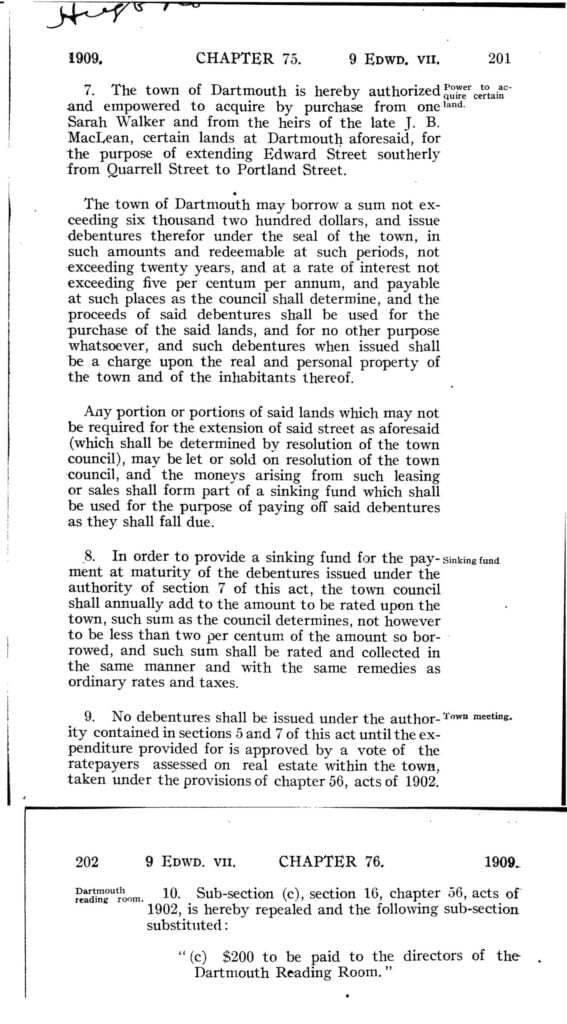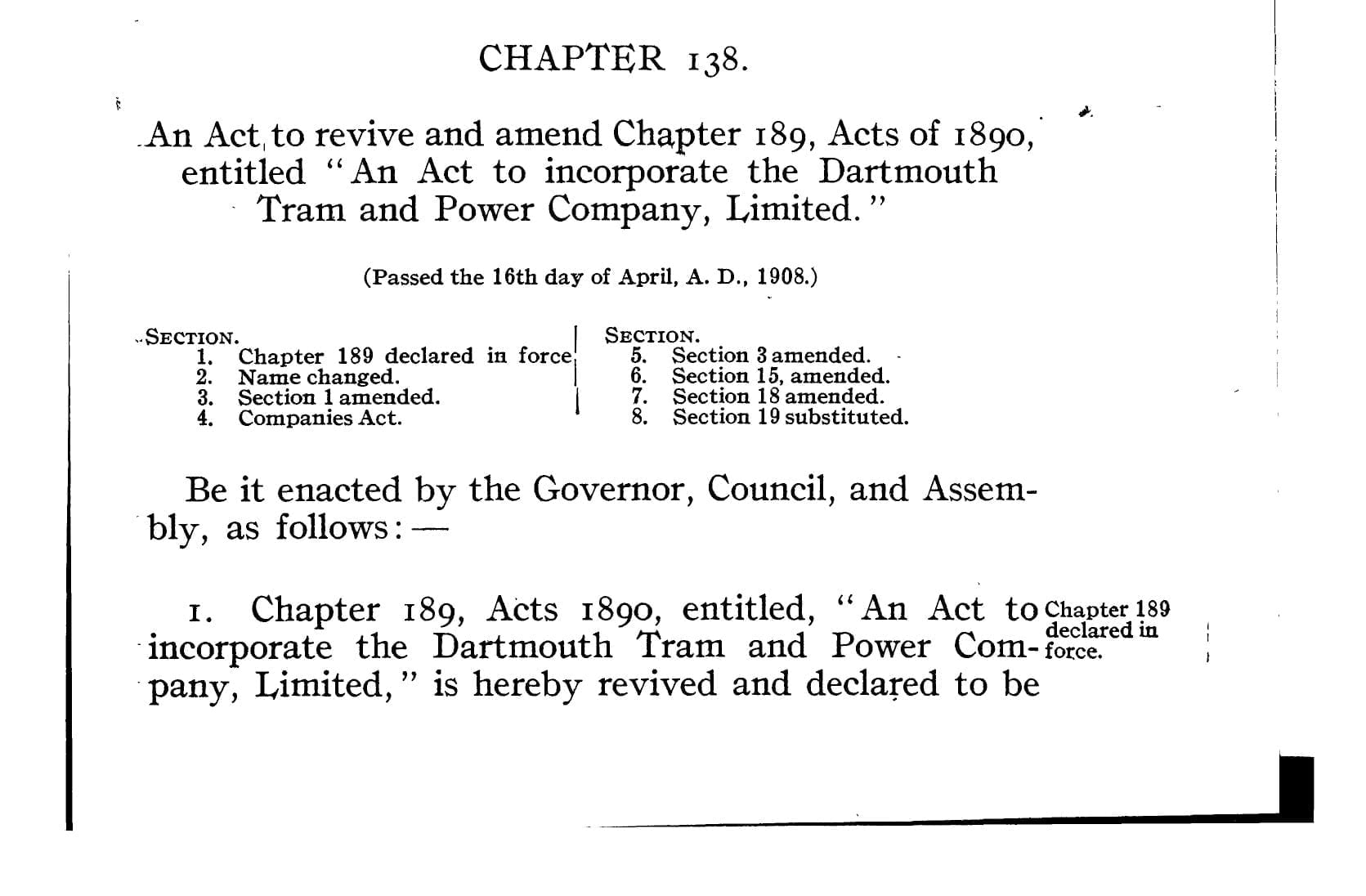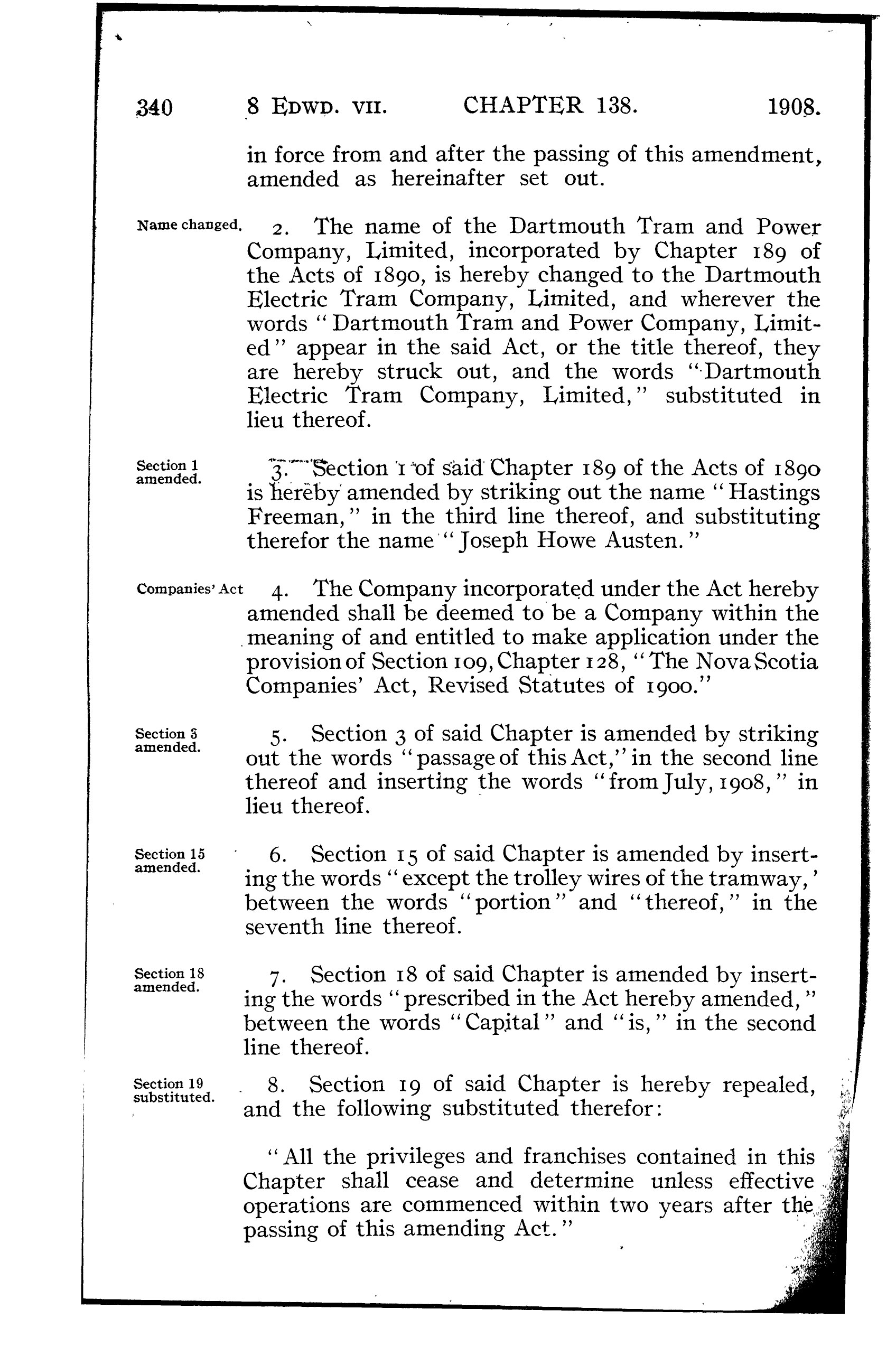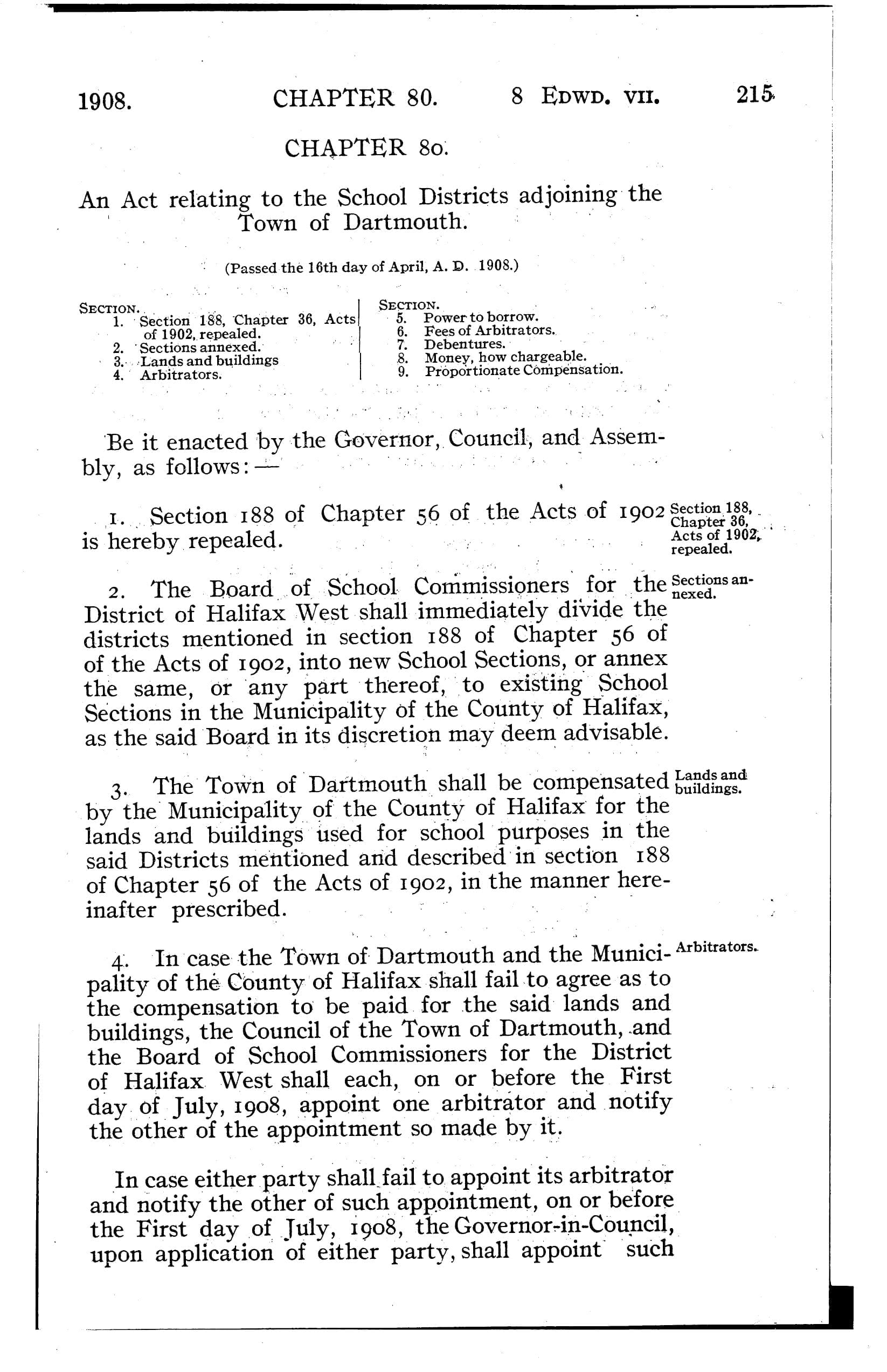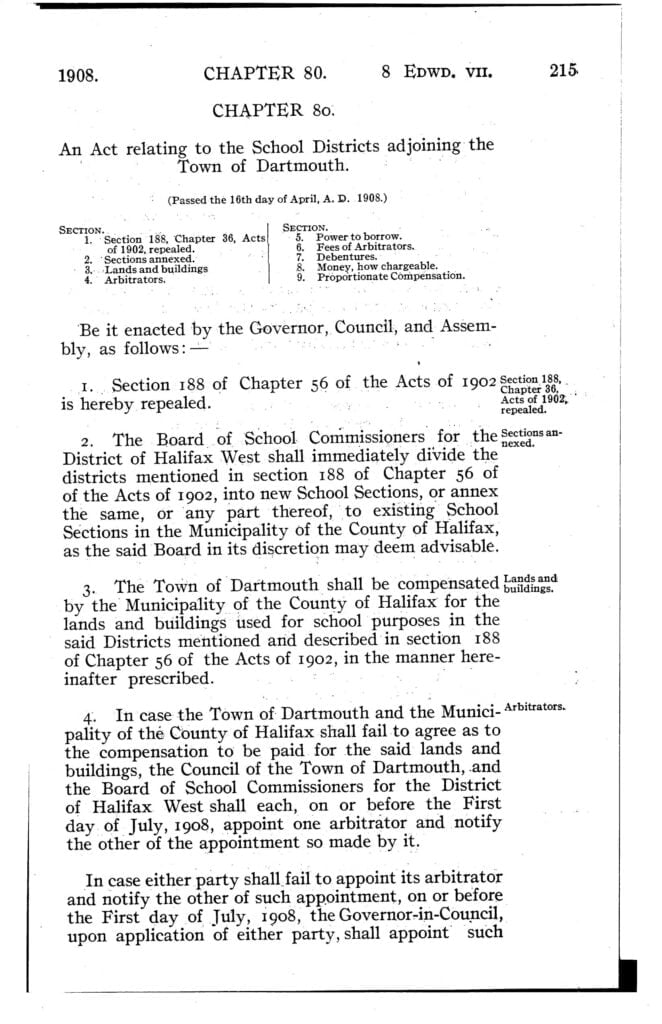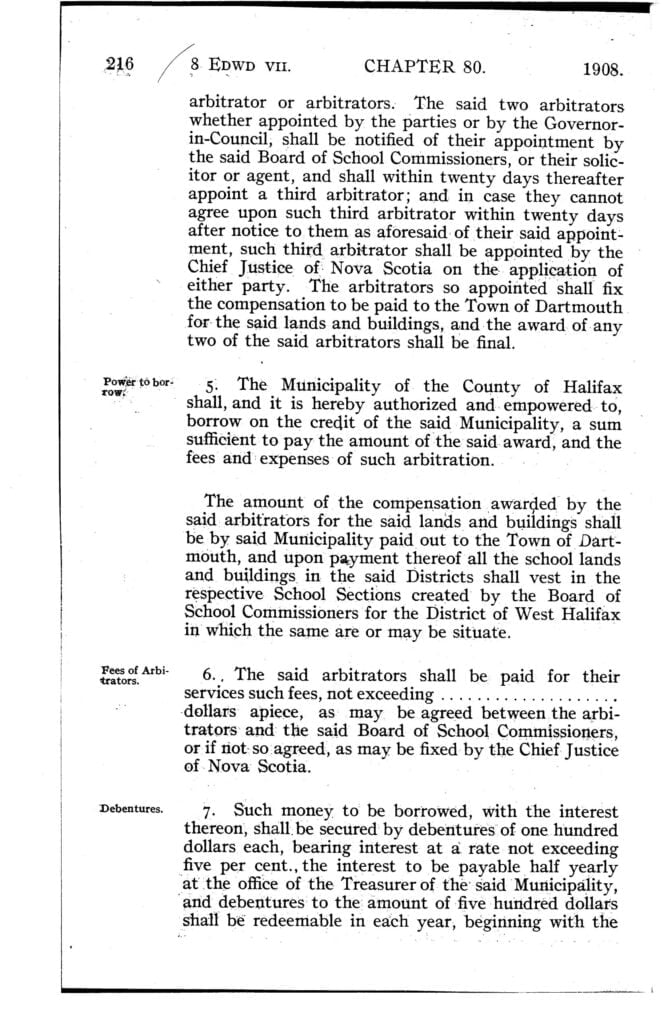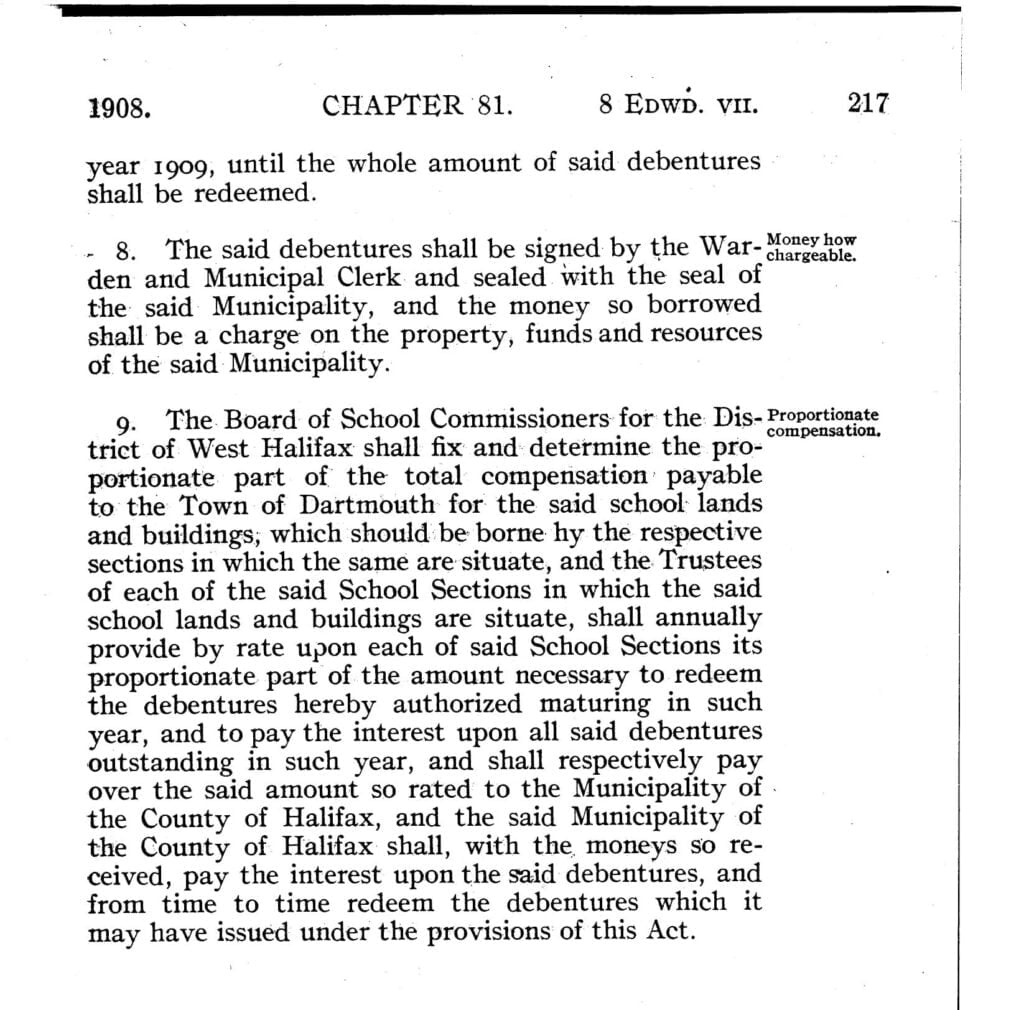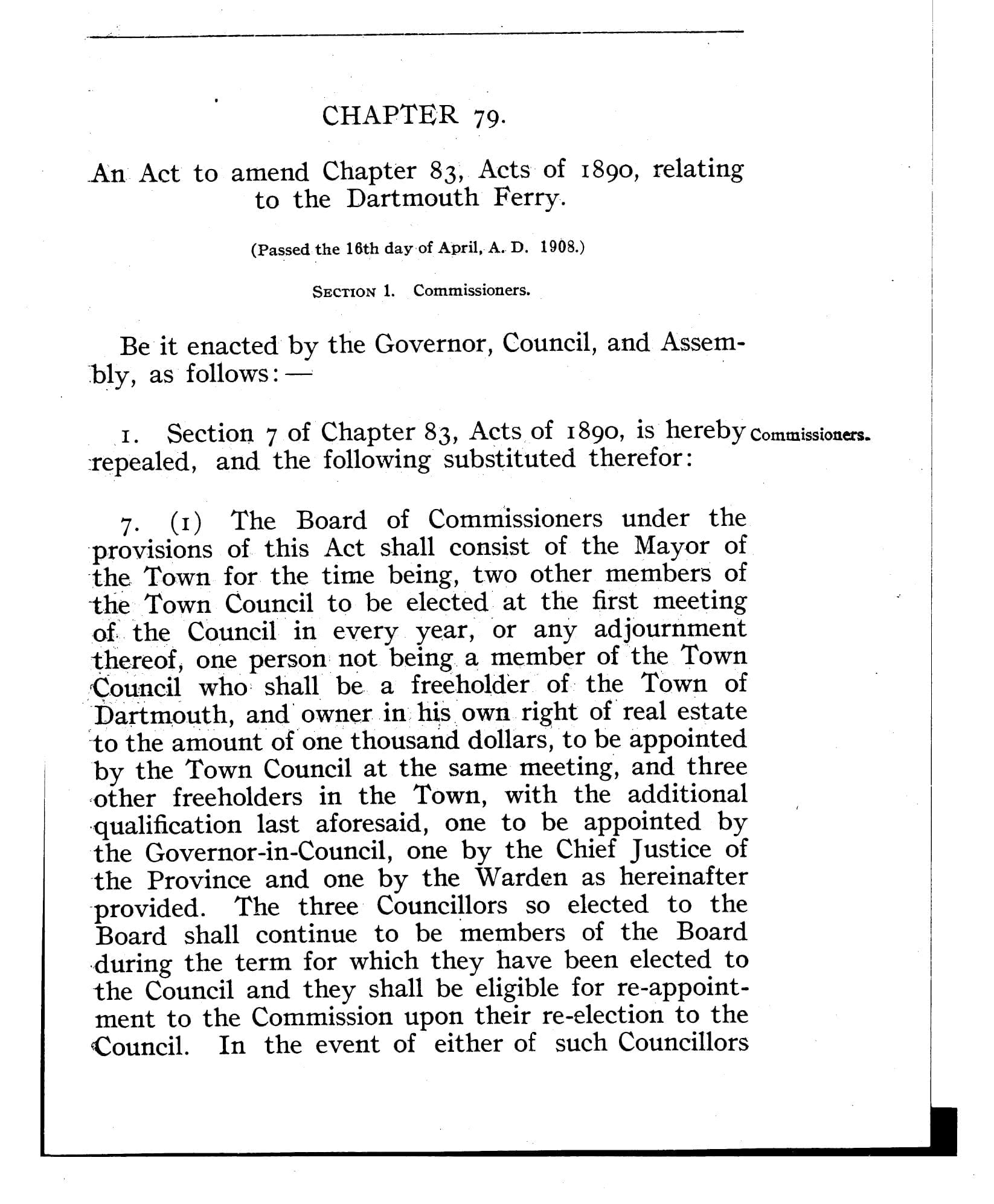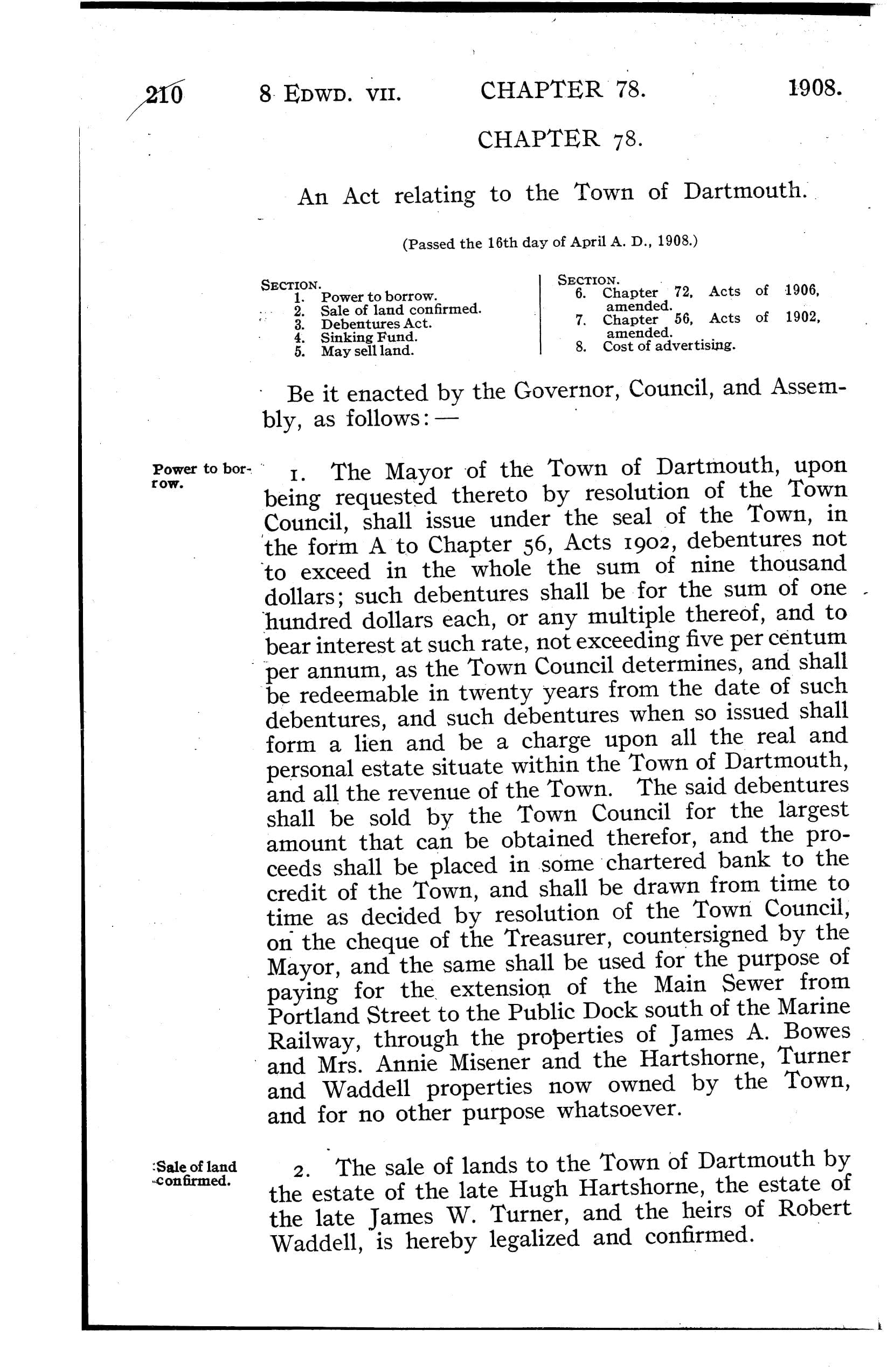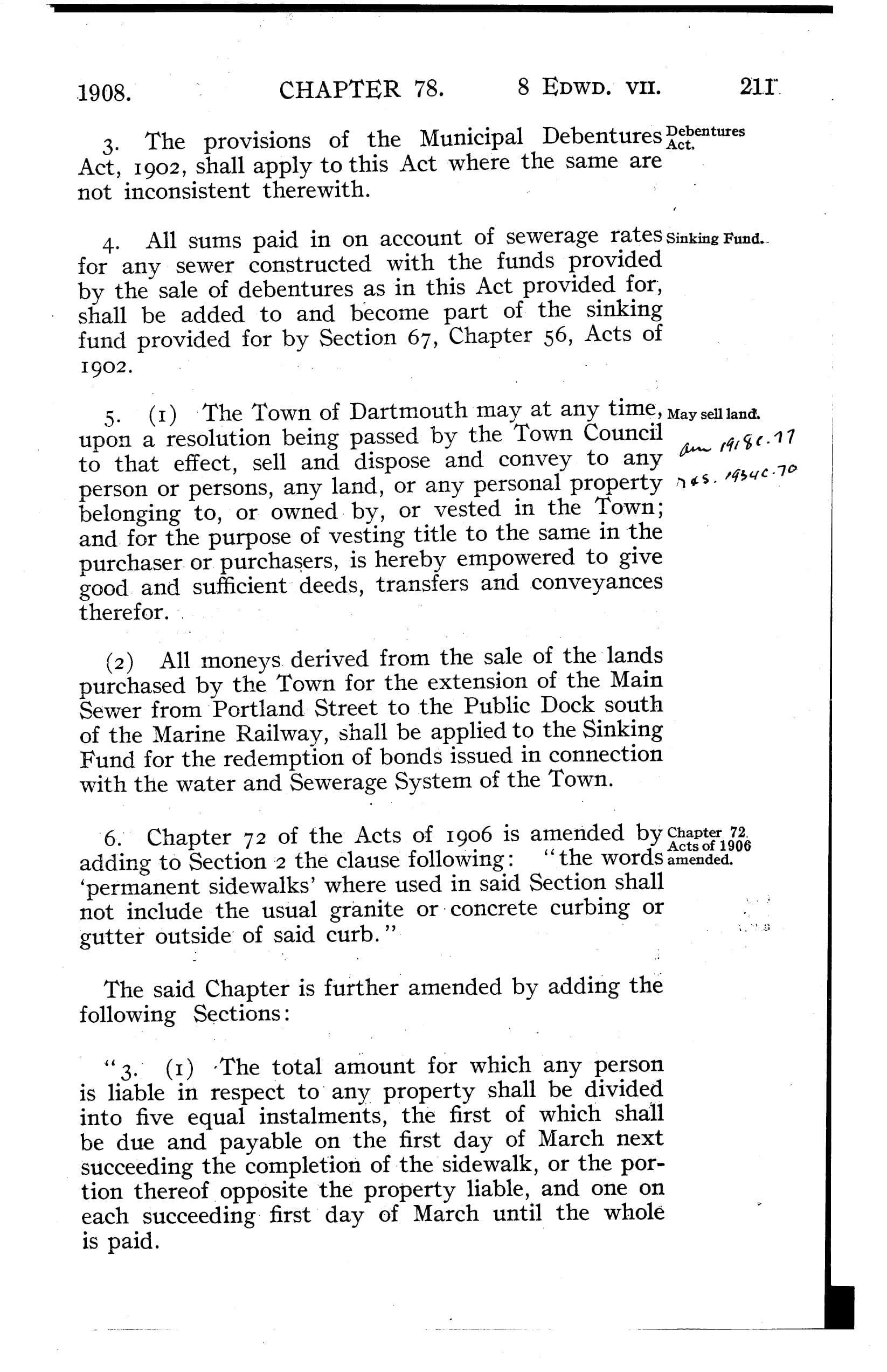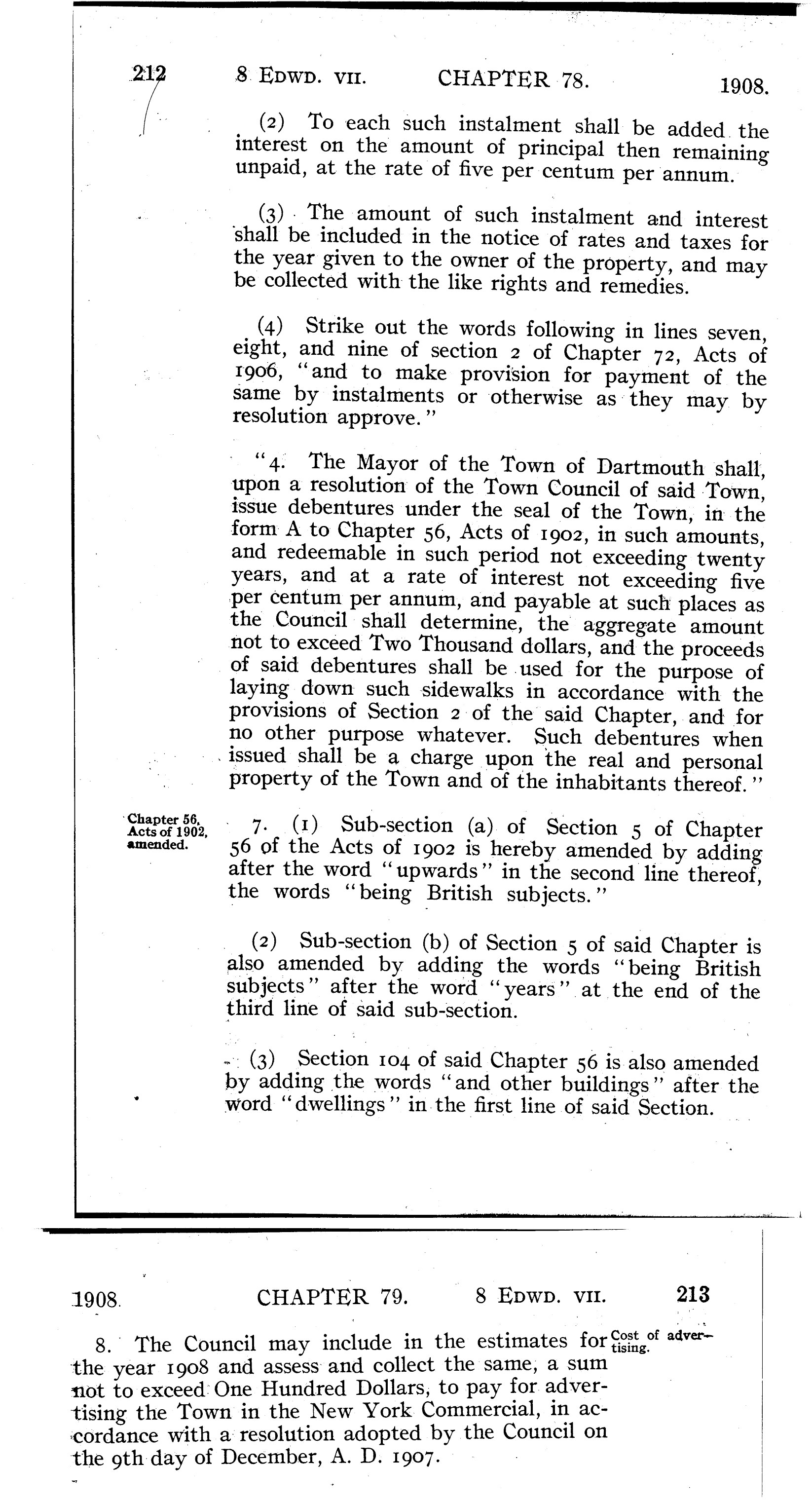Nelson v. Dartmouth, perhaps part of the genesis for the Trailer Park Boys.
“After the Act of Union in 1840, British opinion mounted for Canada to become responsible for her own defence. At the same time, American pressure on the western territories became severe. The Northern Pacific Railway, chartered by Americans in 1864, had the object of providing transcontinental service. American settlement was pushing ever northward. Without the protection of British troops, American expansionist claims to the west seemed impossible to resist.
The scheme of Confederation was principally designed to overcome these problems. It was thought that a larger, strongly centralized political unit would be capable of (a) re-establishing the public credit, (b) undertaking the considerable public expenditure on transport which was the condition precedent to development, and (c) offering a sufficient defence posture to resist American pressure.”
Cultural and sectional rivalries proved insuperable obstacles to the legislative union foreseen by Sir John A. Macdonald. A federal state, characterized by strong cultural and regional guarantees, was the compromise. But there was to be no question of economic decentralization. By the British North America Act, 1867 the Dominion government was granted legislative power over:
91(3) The raising of Money by any Mode or System of Taxation.
By section 122 of the Act customs and excise, which accounted for the vast bulk of public revenue immediately prior to Confederation, were brought within the central government’s exclusive competence. Section 118 of the Act, since repealed, 4 made provision for payment of subsidies by the central government to the provinces, with the intent that they be “in full settlement of all future demands on Canada”. In the early years of Confederation such subsidies accounted for some fifty per cent of all provincial revenues.”
“Three mechanisms were tried to ameliorate this unsatisfactory constitutional arrangement. The first was dissolution of the Confederation. This was not conspicuously successful. Nova Scotia was the only government to attempt it. Within two years after union, under the leadership of Joseph Howe, the Imperial Parliament was petitioned to release the province from Confederation. The second alternative involved an increase in the subsidies paid under the B.N.A. Act. Despite some early federal willingness to alter the subsidies stated by the B.N.A. Act to be in full settlement of all claims on the central government, several events intervened to make the Dominion government rely on the full settlement clause and refuse further increase. A global depression, beginning in 1873, placed a severe crimp in the central government’s fiscal capacities. The railroads entailed vast expense, creating further federal monetary restraint. From 1873 until 1906 the subsidy payments stood unaltered. Lastly, resort by the provinces to their own powers of taxation was explored. Some means had to be developed to make these significant. The means found was a judicial stretching of the concept of “direct taxation” to encompass modes of taxation which would have been quite unimaginable to the Fathers of Confederation.”
“In Nelson v. Dartmouth a municipal by-law imposed a license fee of $15 per month on operators of mobile home home situated in the mobile home park. The by-law was attacked as ultra vires in that it overstepped the limits of section 92(9). Counsel argued that the legislation was enacted for the colourable purpose of imposing a personal property tax upon the owners of mobile homes situated in the parks in question. Mr. Justice MacDonald, in considering this submission, held as follows:
In my view, a genuine licensing-tax provision imposed for the primary purpose of revenue or for revenue purposes incidental to valid provincial regulation of such an operation as that of mobile home parks-as is the case here-is not invalidated by the circumstance that the tax may be indirect in its general incidence (See Laskin, Canadian Constitutional Law, 2nd ed., pp. 754-5; and Reference re Farm Products Marketing Act…).
There is no requirement in this case that the indirect taxation by way of license fee be limited to the expenses of the regulatory scheme, nor is there any indication that the fees were so limited. The only limitation referred to by the court is that the license fees must be in relation to the regulation of mobile home parks and not in relation to the raising of revenue by indirect taxation.”
Magnet, Joseph Eliot “The Constitutional Distribution of Taxation Powers in Canada”, Ottawa Law Review, 1978 https://rdo-olr.org/wp-content/uploads/2018/01/olr_10.1_magnet.pdf

